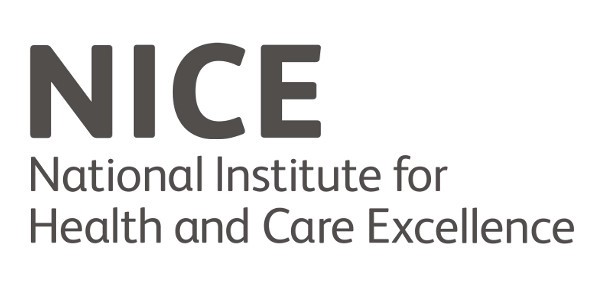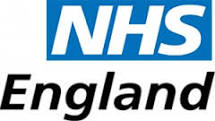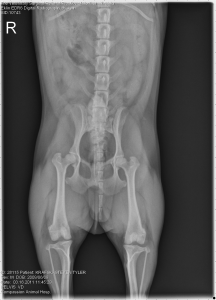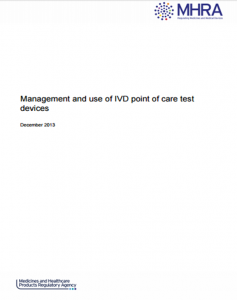Case Study
Accredited testing used to diagnose Lyme Disease
The National Institute for Health and Care Excellence (NICE), a UK special health authority that provides national guidance and advice to improve health and social care, has produced guidance on the diagnosis of Lyme Disease. Lyme disease is caused by a specific group of Borrelia burgdorferi bacteria, which can be transmitted to humans through a bite from an infected tick. This can result in a number of clinical problems ranging from skin rash to serious involvement of organ systems, including arthritis, and neurological problems.
The guideline focuses on diagnosis and management of Lyme disease according to clinical presentation and symptoms rather than using the differing classifications of Lyme disease, which are poorly defined and contested. There is a lack of good quality evidence on the epidemiology, prevalence, diagnosis, and management of Lyme disease.
The guidance states that tests used to support diagnosis should be carried out at UK accreditation service (UKAS) accredited laboratories that use validated tests and participate in a formal external quality assurance programme.
A copy of the guidance is available on the British Medical Journal website.







